Bruce Chadwick - 1858: Abraham Lincoln, Jefferson Davis, Robert E. Lee, Ulysses S. Grant and the War They Failed to See
Here you can read online Bruce Chadwick - 1858: Abraham Lincoln, Jefferson Davis, Robert E. Lee, Ulysses S. Grant and the War They Failed to See full text of the book (entire story) in english for free. Download pdf and epub, get meaning, cover and reviews about this ebook. year: 2008, publisher: Sourcebooks, Inc., genre: Politics. Description of the work, (preface) as well as reviews are available. Best literature library LitArk.com created for fans of good reading and offers a wide selection of genres:
Romance novel
Science fiction
Adventure
Detective
Science
History
Home and family
Prose
Art
Politics
Computer
Non-fiction
Religion
Business
Children
Humor
Choose a favorite category and find really read worthwhile books. Enjoy immersion in the world of imagination, feel the emotions of the characters or learn something new for yourself, make an fascinating discovery.
- Book:1858: Abraham Lincoln, Jefferson Davis, Robert E. Lee, Ulysses S. Grant and the War They Failed to See
- Author:
- Publisher:Sourcebooks, Inc.
- Genre:
- Year:2008
- Rating:3 / 5
- Favourites:Add to favourites
- Your mark:
1858: Abraham Lincoln, Jefferson Davis, Robert E. Lee, Ulysses S. Grant and the War They Failed to See: summary, description and annotation
We offer to read an annotation, description, summary or preface (depends on what the author of the book "1858: Abraham Lincoln, Jefferson Davis, Robert E. Lee, Ulysses S. Grant and the War They Failed to See" wrote himself). If you haven't found the necessary information about the book — write in the comments, we will try to find it.
-G. Kurt Piehler, author of Remembering War the American Way and Associate Professor of History, The University of Tennessee
1858 explores the events and personalities of the year that would send the Americas North and South on a collision course culminating in the slaughter of 630,000 of the nations young men, a greater number than died in any other American conflict. The record of that year is told in seven separate stories, each participant, though unaware, is linked to the oncoming tragedy by the central, though ineffective, figure of that time, the man in the White House, President James Buchanan.
The seven figures who suddenly leap onto historys stage and shape the great moments to come are: Jefferson Davis, who lived a life out of a Romantic novel, and who almost died from herpes simplex of the eye; the disgruntled Col. Robert E. Lee, who had to decide whether he would stay in the military or return to Virginia to run his familys plantation; William Tecumseh Sherman, one of the great Union generals, who had been reduced to running a roadside food stand in Kansas; the uprising of eight abolitionists in Oberlin, Ohio, who freed a slave apprehended by slave catchers, and set off a fiery debate across America; a dramatic speech by New York Senator William Seward in Rochester, which foreshadowed the civil war and which seemed to solidify his hold on the 1860 Republican Presidential nomination; John Browns raid on a plantation in Missouri, where he freed several slaves, and marched them eleven hundred miles to Canada, to be followed a year later by his catastrophic attack on Harpers Ferry; and finally, Illinois Senator Steven Douglas seven historic debates with little-known Abraham Lincoln in the Illinois Senate race, that would help bring the ambitious and determined Lincoln to the Presidency of the United States.
As these stories unfold, the reader learns how the country reluctantly stumbled towards that moment in April 1861 when the Southern army opened fire on Fort Sumter.
Bruce Chadwick: author's other books
Who wrote 1858: Abraham Lincoln, Jefferson Davis, Robert E. Lee, Ulysses S. Grant and the War They Failed to See? Find out the surname, the name of the author of the book and a list of all author's works by series.

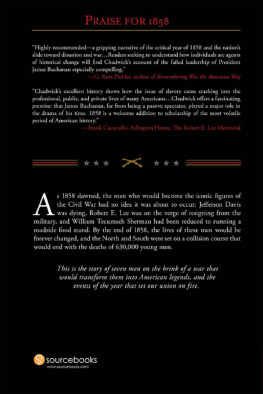
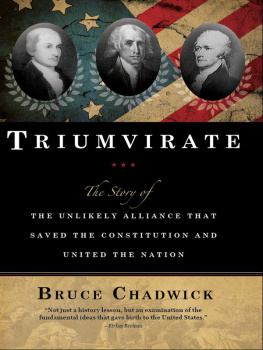
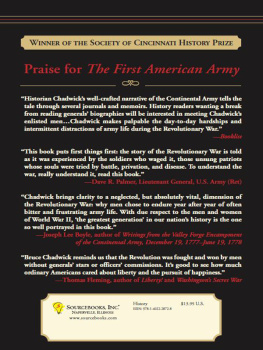
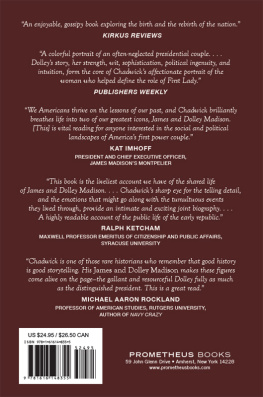
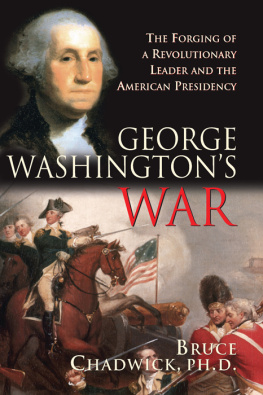
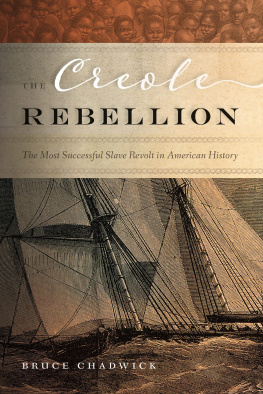

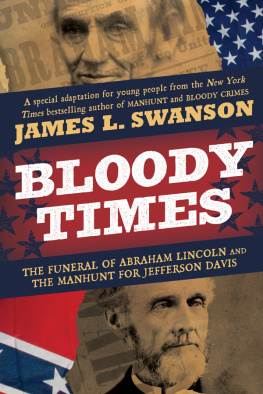
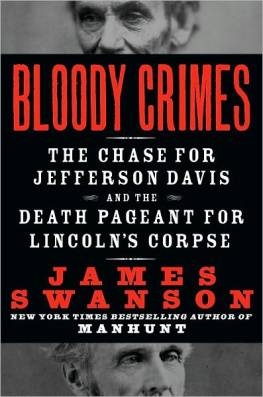
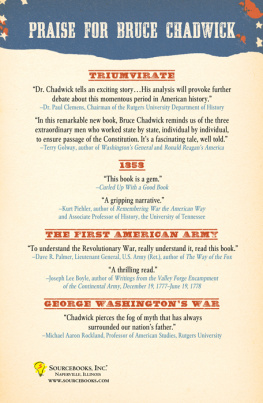
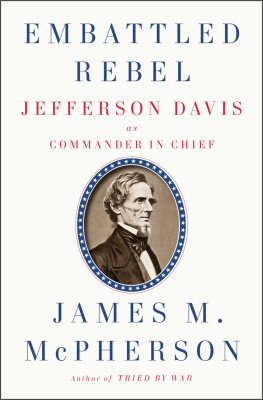
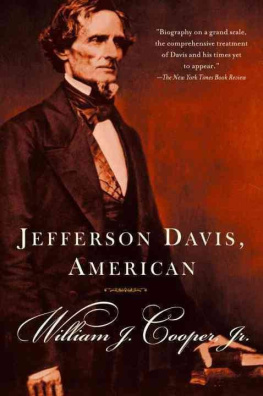
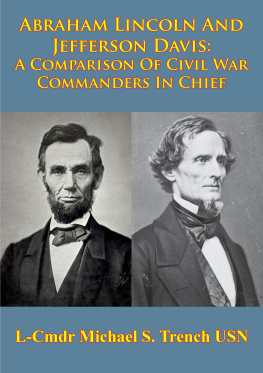
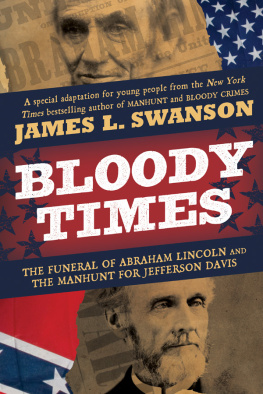
 Chapter One
Chapter One